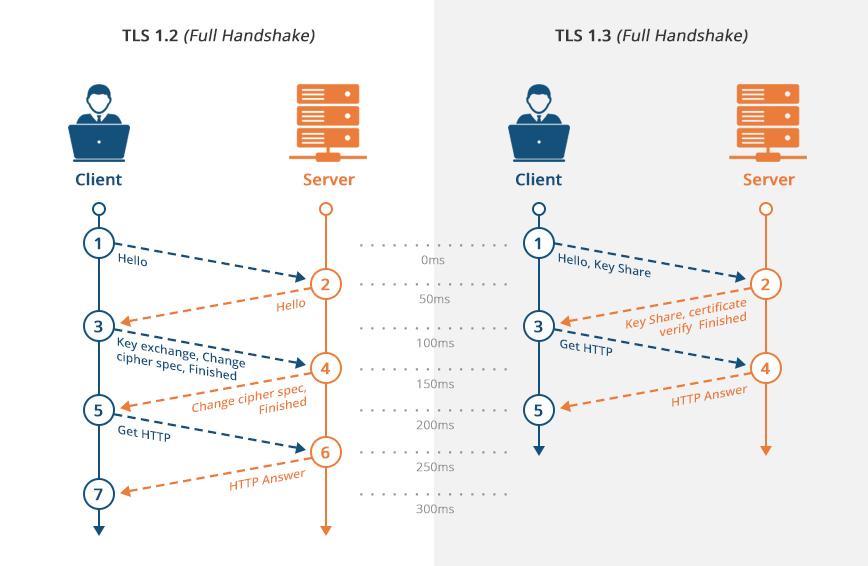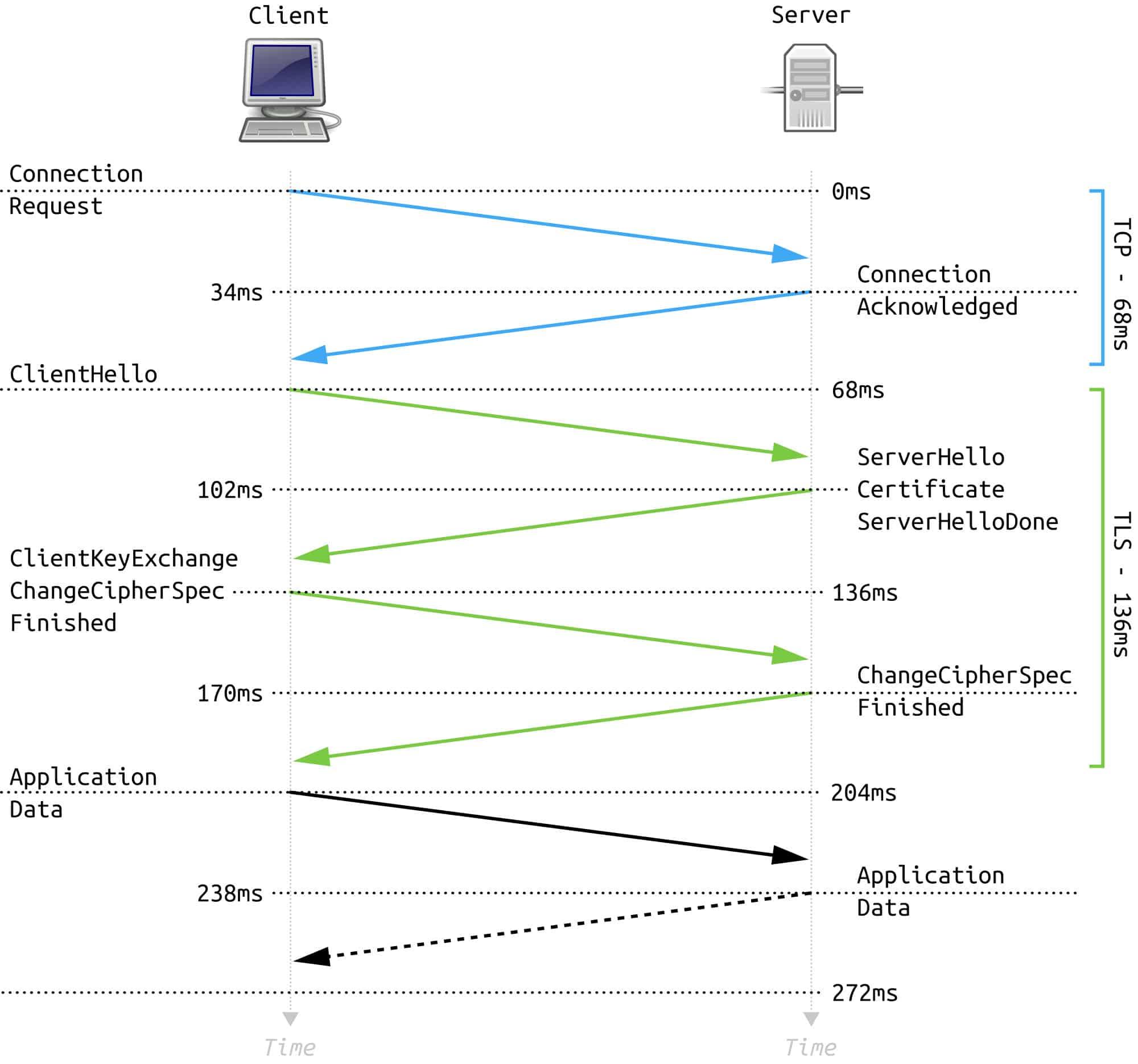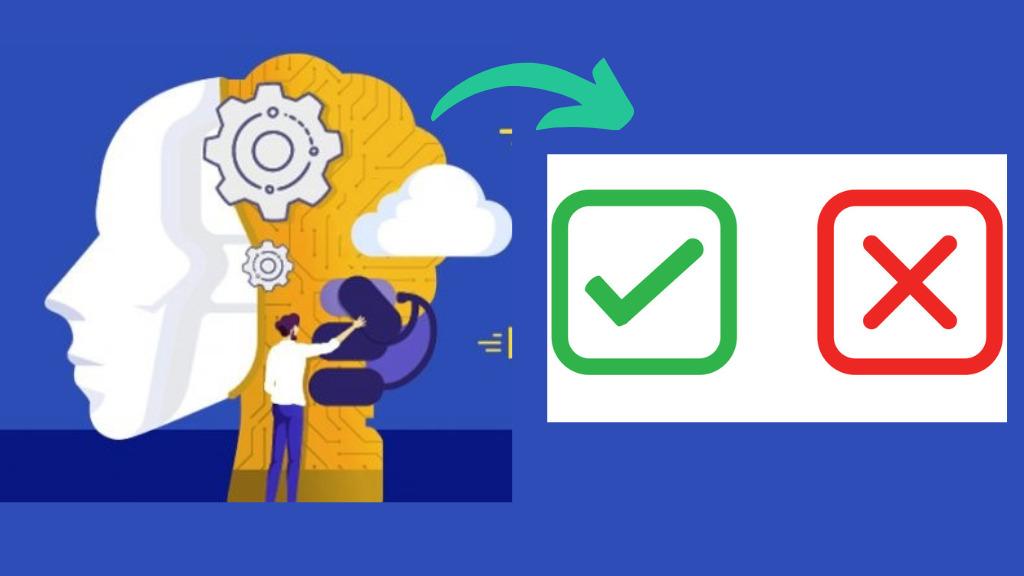In a world where online privacy and data security are becoming increasingly important, the implementation of TLS encryption on content delivery networks (CDNs) is a crucial step in safeguarding sensitive information. By exploring the benefits and importance of utilizing TLS encryption on CDNs, individuals and businesses can enhance their digital safety and protect valuable data from potential threats. Let us delve into the world of improved privacy and data security with TLS encryption on CDNs.
Table of Contents
- Why TLS Encryption is Essential for Your CDN
- Significant Benefits of Implementing TLS Encryption
- Key Recommendations for Enhancing Privacy and Data Security
- Advanced Techniques for Optimizing TLS Encryption on CDNs
- Q&A
- Final Thoughts

Why TLS Encryption is Essential for Your CDN
Implementing TLS encryption on your Content Delivery Network (CDN) is crucial in today’s online landscape. By encrypting data transmitted between your CDN servers and users’ devices, you can significantly enhance privacy and data security. With the increasing number of cyber threats and privacy concerns, it’s essential to take proactive measures to protect sensitive information.
By utilizing TLS encryption on your CDN, you can benefit in various ways, including:
- Securing Data: Encrypting data ensures that it remains confidential and protected from unauthorized access.
- Building Trust: Providing a secure browsing experience can enhance trust with your users and improve your brand reputation.
- Complying with Regulations: Many data protection regulations require the use of encryption to safeguard personal information.

Significant Benefits of Implementing TLS Encryption
Implementing TLS encryption on your content delivery network (CDN) can bring about significant benefits for your privacy and data security. By securing the connection between the user and the server, TLS encryption ensures that information exchanged online remains confidential and protected from unauthorized access. This added layer of security enhances trust between users and your website, promoting a safe and secure browsing experience.
One of the key advantages of implementing TLS encryption is the protection it offers against potential cyber attacks. By encrypting data in transit, TLS encryption prevents hackers from intercepting sensitive information such as login credentials, credit card details, and personal data. This not only safeguards your users’ privacy but also helps to maintain the integrity of your website and protect against potential data breaches. Upgrade your security measures today with TLS encryption on your CDN to ensure a secure online environment for your users.
Key Recommendations for Enhancing Privacy and Data Security
One of the is to implement TLS encryption on content delivery networks (CDN). By using TLS encryption, data transmitted between users and the CDN is encrypted, making it more difficult for unauthorized parties to intercept and access sensitive information.
Additionally, implementing TLS encryption helps to protect against various types of attacks, such as man-in-the-middle attacks, where an attacker intercepts and potentially alters the data being transmitted. By leveraging TLS encryption on CDN, website owners can enhance the privacy and security of their users’ data, providing a more secure browsing experience for all parties involved.

Advanced Techniques for Optimizing TLS Encryption on CDNs
When it comes to optimizing TLS encryption on content delivery networks (CDNs), there are advanced techniques that can significantly enhance your privacy and data security. By implementing these techniques, you can ensure that your website’s content is securely delivered to users while minimizing the risk of unauthorized access or data breaches.
Some include:
- Perfect Forward Secrecy (PFS): Ensures that even if a private key is compromised, past communications cannot be decrypted.
- OCSP Stapling: Reduces the time it takes to validate SSL certificates, improving performance and security.
- HTTP/2 Support: Enables faster page loading times and more efficient use of network resources.
Q&A
Q: What is TLS encryption?
A: TLS encryption stands for Transport Layer Security. It is a protocol that ensures data privacy and integrity between communicating applications over the internet.
Q: How does TLS encryption improve privacy and data security on CDN?
A: By using TLS encryption on Content Delivery Networks (CDNs), it encrypts data in transit and protects it from being intercepted or tampered with by malicious actors.
Q: Can TLS encryption also improve website loading speed on CDN?
A: Yes, TLS encryption can actually improve website loading speed on CDNs by reducing the risk of cyber attacks, which can slow down a website’s performance.
Q: Is TLS encryption difficult to implement on CDN?
A: Implementing TLS encryption on CDNs can be a complex process, but most CDN providers offer support and tools to help website owners easily enable encryption on their websites.
Q: Are there any downsides to implementing TLS encryption on CDN?
A: While TLS encryption can improve privacy and data security, it can also lead to slightly slower website loading times due to the encryption and decryption process.
Final Thoughts
utilizing TLS encryption on a Content Delivery Network is a crucial step in safeguarding your privacy and data security online. By implementing this powerful technology, you can ensure that your information remains safe from prying eyes and cyber threats. So, don’t wait any longer – take the necessary steps to fortify your online presence and enjoy peace of mind in the digital world. Stay secure, stay protected, and stay informed. Thank you for reading!










